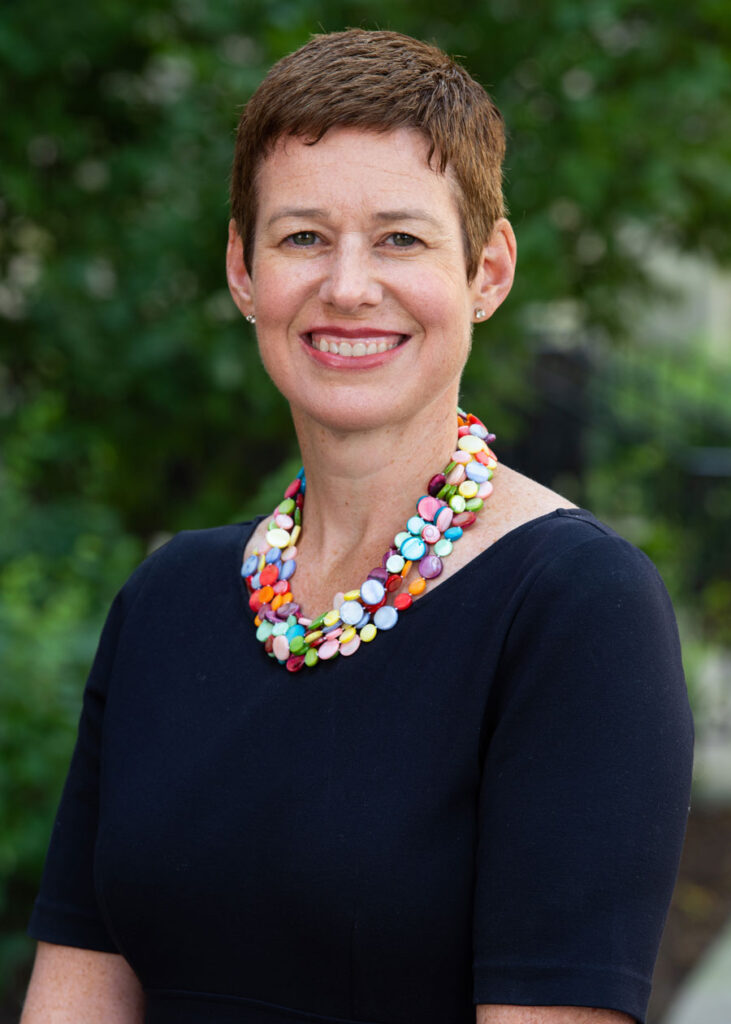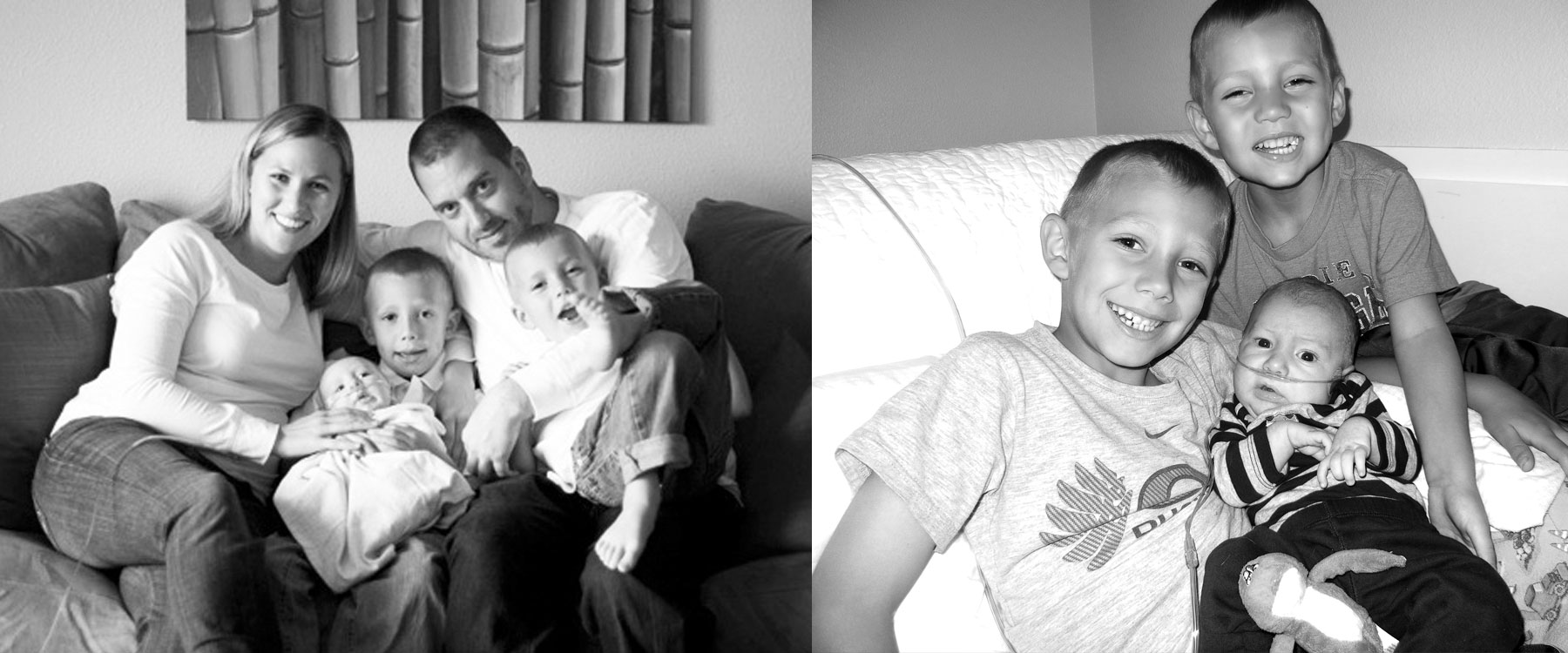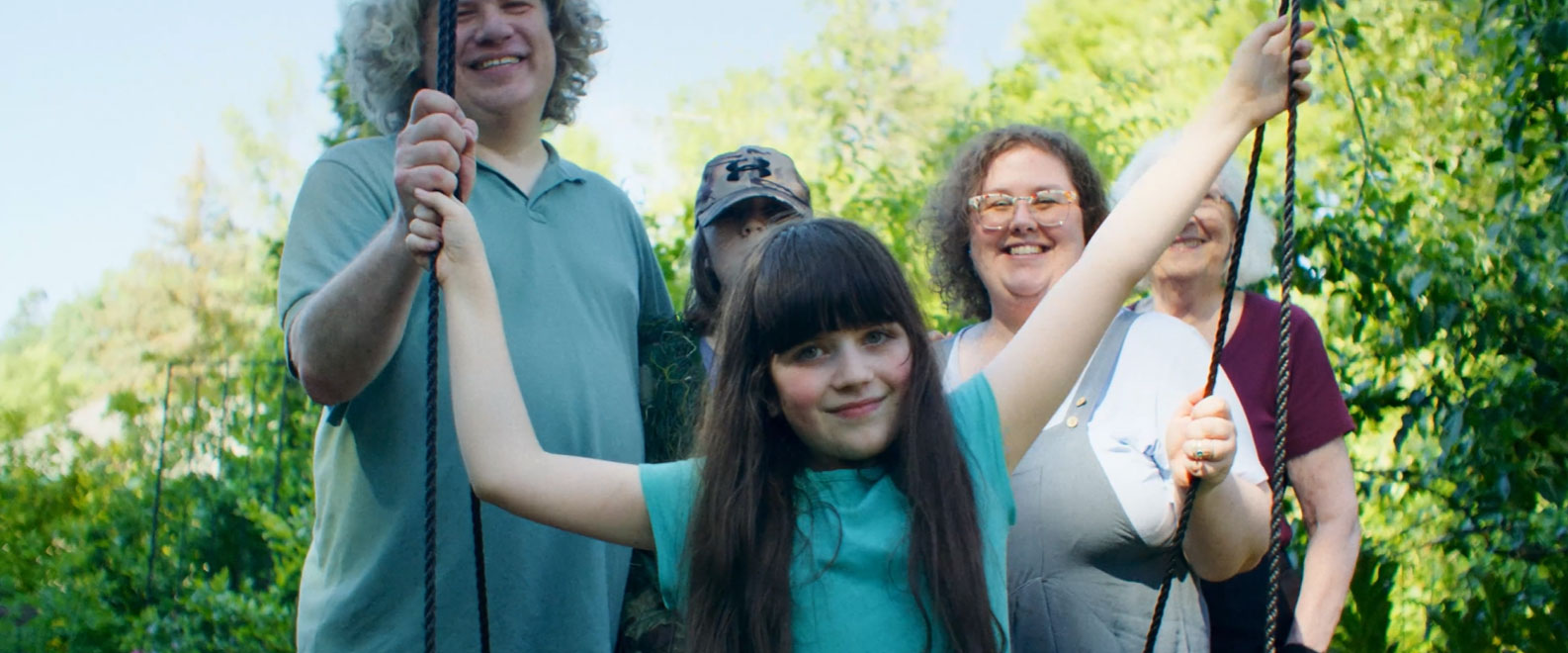Get to know Kate Azizi, who joined OHSU Foundation as president in September 2024. Learn what interested her in the role, why she’s passionate about academic health and science, and what she’s looking forward to doing in Oregon.

Azizi comes to OHSU Foundation from the Medical University South Carolina, where she has served for over four years as vice president for institutional advancement, overseeing all fundraising and alumni relations for MUSC’s six colleges and its health system, which includes 16 hospitals throughout South Carolina.
Q: What excites you about coming to Oregon to lead the OHSU Foundation to further advance OHSU’s missions through strategic philanthropy?
I have been familiar with OHSU’s work for a long time. The advances in research, particularly in cancer, the neurosciences and in countless areas of pediatrics that enable young patients to live full lives, are especially impressive and have put OHSU on the map nationally. The opportunity to expand clinical services through the potential partnership with Legacy Health is similar to efforts at my former institution throughout the state of South Carolina, and I saw the positive impact on communities and families. I also know the OHSU Foundation team is comprised of talented individuals, and it is exciting to think about working with the team to create even more philanthropic impact.
Q: You have said it is your life’s work and passion to raise philanthropic dollars for academic health and science institutions? What fuels your passion for this kind of work? Do you have a personal connection or experience with clinical care, research or education that motivates you?
I have been raising money for over 20 years, for several different organizations, including nonprofit organizations that serve at-risk youth, parks and preservation, and higher education in non-medical fields. I found all of this work exciting, but when I discovered academic medicine fundraising, I knew I had found an area I was passionate about. Research and new discovery have changed the face of medical treatment over the years. For example, I met a patient at Northwestern who said he would have lost his vision if he had received his diagnosis 10 years earlier. Thanks to research, a new therapy had been developed, and his vision was saved. For that reason, the patient chose to fund more research to help others in the future.
Also, with the shortage of health care professionals nationwide, it’s very important to educate the next generation of doctors, nurses, dentists, physical therapists, and so many others in the field to ensure medical services are available. Graduating with significant debt can drive doctors away from fields like family medicine, which are needed in rural areas. The high cost of education can often be a deterrent for those who want to pursue careers in any medical field. That’s why scholarships are so important.
Finally, providing the best clinical care is critical for improving outcomes and a good quality of life. My family, like everyone else, has been impacted by great care. Whether for routine checkups, surgeries, treatment of disease, or the birth of a child, hospitals are settings that evoke strong emotions. Providing support for the best care for patients, whether through increasing access through enhanced or new facilities, the recruitment of a specialist, or enhancing educational programs for nurses so they can grow in their careers and learn new skills can all enhance quality of life for communities.
Q: Can you share with us one of your favorite gift stories and what it meant to the people and programs it supported?
At Northwestern University, an alumnus reached out by phone. He shared that he had graduated nearly 50 years prior from the college, and he had an interest in supporting pediatric research. The alumnus said that he’d like to come to campus in a few days, and he was going to bring his advisor. I worked with our faculty, clinicians and leaders in pediatrics, and I agreed to meet with him. I knew that he had given a few thousand dollars to Northwestern over decades, and I wasn’t sure what he wanted to support.
Once he heard our vision for pediatric research, which included the creation of an institute, the recruitment of a leader, support for a new collaborative laboratory, partnership throughout many departments, research awards, and fellowship support, he became very excited. He ultimately decided to fund an endowed research award with a $2 million gift, which was named in honor of his parents. He was able to advance discovery, fund the cutting-edge work of our scientists, and memorialize his parents in perpetuity. He loved meeting the awardees, and this gift made him so happy. And his support was having tremendous impact. This is what philanthropy is all about.
Q: What do you enjoy most about working with donors?
I love that donors want to use their money that they’ve typically worked hard to acquire or invest to help others. Sometimes they want to help advance research for a disease that has affected their family. Sometimes they want to provide a scholarship to students so they will graduate without debt and ready to serve their communities. Sometimes they want to help support a clinical program or increase access for patients. I feel lucky to work in the field because I get to meet altruistic, generous, and caring people who want to have an impact. My interactions with donors make me feel grateful for all the good in the world, and that’s one of the reasons I love my job so much.
Q: You are coming to the Foundation and OHSU at an important time. What are your thoughts on the critical role philanthropy can play to support OHSU’s objectives and future plans?
Nationally, health care is at a critical point. There is a shortage of medical professionals to care for patients, particularly in rural communities. The possibility of a deeper partnership with Legacy Health will have a tremendous impact on the clinical care Oregonians are able to receive. OHSU also has the opportunity to educate more medical professionals, and philanthropy can help reduce debt for these students so they can focus on serving their patients instead of maximizing their income to pay back student loans. Finally, new discovery and improved therapy are the result of research, and increasing philanthropic support in this area can help our scientists enhance knowledge and care for patients and families throughout Oregon and beyond. Increased philanthropic support will help OHSU have an even more significant impact on new discovery, access to care and an increase of skilled medical professionals.
Q: What are you most looking forward to in joining the Foundation?
I look forward to getting to know the talented Foundation team, the Foundation Board members, and the donors and alumni. I am also eager to learn more about the work at OHSU by meeting with faculty, staff, and leaders throughout the enterprise. Learning about cancer research from the team at the Knight Cancer Institute, learning about the cutting-edge work taking place at the Doernbecher Children’s Hospital and meeting students and hearing about their learning experiences at OHSU are at the top of my list!
Q: What are you most looking forward to about moving to the Portland area?
I have lived in some wonderful cities in my life – Charleston (South Carolina), Chicago, Raleigh, and New York City. Portland will be a whole new experience for my family. We are looking forward to skiing and snowboarding at Mount Hood, exploring the beautiful coast, and my husband and I are eager to spend time in the Willamette Valley wine region. We are also excited to spend time in Portland’s beautiful neighborhoods, eating in its excellent restaurants and walking around the Portland Japanese Garden and Washington Park. Our kids are soccer players, so we will definitely be going to see some Portland Thorns and Portland Timbers games – and we also plan to go to some Portland Trailblazers games!
Q: What do you enjoy doing outside of work?
I love running, reading, and most of all traveling. I’ve had some wonderful adventures and met incredible people. I always enjoy spending time with my family and friends, whether it’s going for a walk or some other outdoor activity, enjoying a meal together, or just having a great conversation. I also love spending time with our dog, who is a rescue we adopted in 2020.
Q: What is the last book you read?
I love reading, and I am typically reading at least a couple of books at any given time – one fiction, and one non-fiction. The most recent fiction book I read was written by a former colleague, Stuart Ames. It is called The Sherpa’s Burden, and it’s a story about the life, struggles, and triumphs of a sherpa who guided climbers up Mount Everest. My most recent non-fiction book was Multipliers by Liz Wiseman. The book taught me about how to be the best leader I can be by appreciating and amplifying the capabilities of team members, an invaluable skill!
For nearly four years, I’ve been a part of a three-generation family book club. Since our 12 members live all over the country and even internationally, it’s a virtual book club that I’ll be able to participate in while living in Portland!
Q: If there is one thing you’d like people to know about you as you take on this role, what would it be?
I am passionate about academic medicine and health. Research, education and care impacts everyone, and the work at OHSU can impact not just the Oregon community, but people around the world. A discovery of a new therapy or a new gene can change how people with disease are able to survive and thrive. Students educated at OHSU will care for patients in cities, suburbs, and rural areas of Oregon, and they will also bring their expertise to other institutions around the country and around the world. And patients and families getting care at OHSU hospitals and clinics will go on to impact communities around the state and beyond. There is nothing more important than health, and that’s why I feel raising funds for OHSU is so critical.




